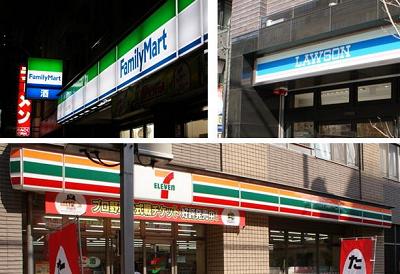As I leaf through the newspapers this morning, I found one news rather heartwarming. Even though it has been 2 years since the terrible tsunami, the government still spares no efforts to search the missing people. This news remind me of how Japanese companies answered the disaster 2 years ago, relating to business ethics on some extent.
After the tsunami, hundreds of thousands of people lost their home. Instead of increasing the price, most of the convenience stores, such as Seven-Eleven, Family and Lawson set all the items for free, letting customers to get their necessities without paying.
Undoubtedly, this action is not supposed to happen because as a corporate executive, one should maximize all the stakeholders profit by using their money. Once they sell it for free, they cannot gain profit. They use the money from their customers, stockholders and employees for a general social interest, which is to help people in overcoming their difficulties. But I believe that this is a smart strategy. If all the convenience stores raise their price, they can amass a large amount of money in a short time, but how about the long-term profits? Most citizens would reluctantly purchase items in those stores since they have a perception that most companies have no business ethics. Thus, this strategy illustrates the significance of business ethics and the value of maximizing profits in the long run.

